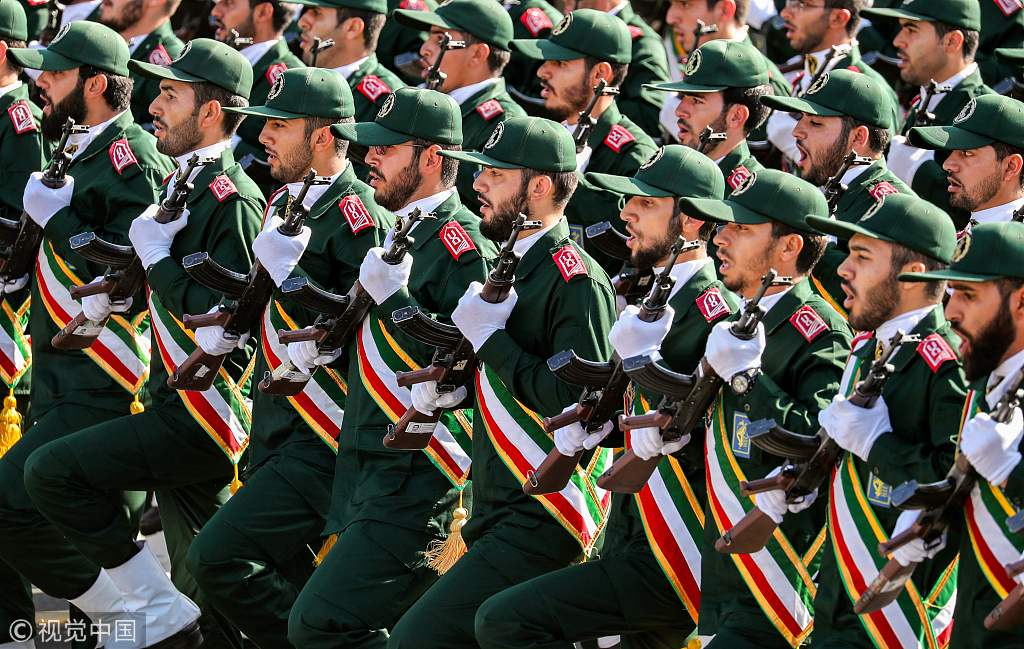Alarm bells still ringing over US-Iran tensions: China Daily editorial
chinadaily.com.cn | Updated: 2019-05-22 20:42

First, the United States withdrew from the nuclear deal global powers brokered with Iran, reinstating sanctions based on unsubstantiated allegations of Iranian violations.
Then came threats from Teheran to scrap the deal and resume nuclear activities.
Then the White House labeled the Islamic Revolutionary Guard Corps a "foreign terrorist organization", prompting Teheran to designate US troops across the region as "terrorists".
Then the US tightened economic sanctions, and sent a carrier group and B-52 bombers to the Persian Gulf.
The trajectory of the US-Iran tug of war has looked increasingly volatile as the US pulled non-essential diplomatic staff out of Iraq, and President Donald Trump issued a fiery Twitter post on Sunday threatening Iran's "official end".
Fortunately, the fast-burning fuse seems to have been cut since then, and the escalating tensions have eased thereafter. Because, for all the verbal threats traded, and all the political and military gestures posed, neither party wants to start a serious direct confrontation, or be dragged into one. Washington said it. So did Teheran.
Karim Emile Bitar with the French Institute for International and Strategic Affairs is correct in assuming "unless utter madness prevails, a large, open, direct war is still unlikely."
As of now, both parties seem sane enough.
But that does not mean the alarm bells should stop ringing. Considering the tensions and distrust at work, miscalculation and misjudgment have the potential to invoke unintended consequences as the two militaries stand eye to eye.
Acting US Defense Secretary Patrick Michael Shanahan, speaking to reporters after attending a briefing at the US Congress, said the "biggest focus at this point is to prevent Iranian miscalculation".
But Adam Smith, chairman of the House Armed Services Committee, sounded a more sensible note with his reminder: "There's a risk for miscalculation on both sides."
Despite the White House's claimed lack of intention to attack, despite Teheran's "maximum restraint", the possibility of an inadvertent conflict can't be excluded.
For one thing, the military deployment, which the White House has assured US lawmakers is "purely" defensive and is not aimed at provoking a war, seems intended to do exactly that in Iranian eyes. And this is before taking into account the confusing messages from the White House.
The tensions in the Gulf region serve no country's interests and have a negative impact on global security and the world economy. Other countries should add their voices to that of China, which is urging both sides to exercise restraint and step up dialogue to properly address each other's concerns.
























